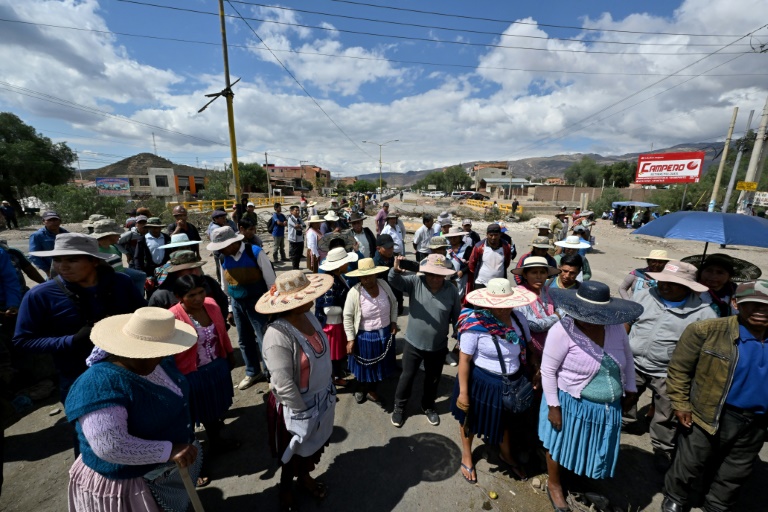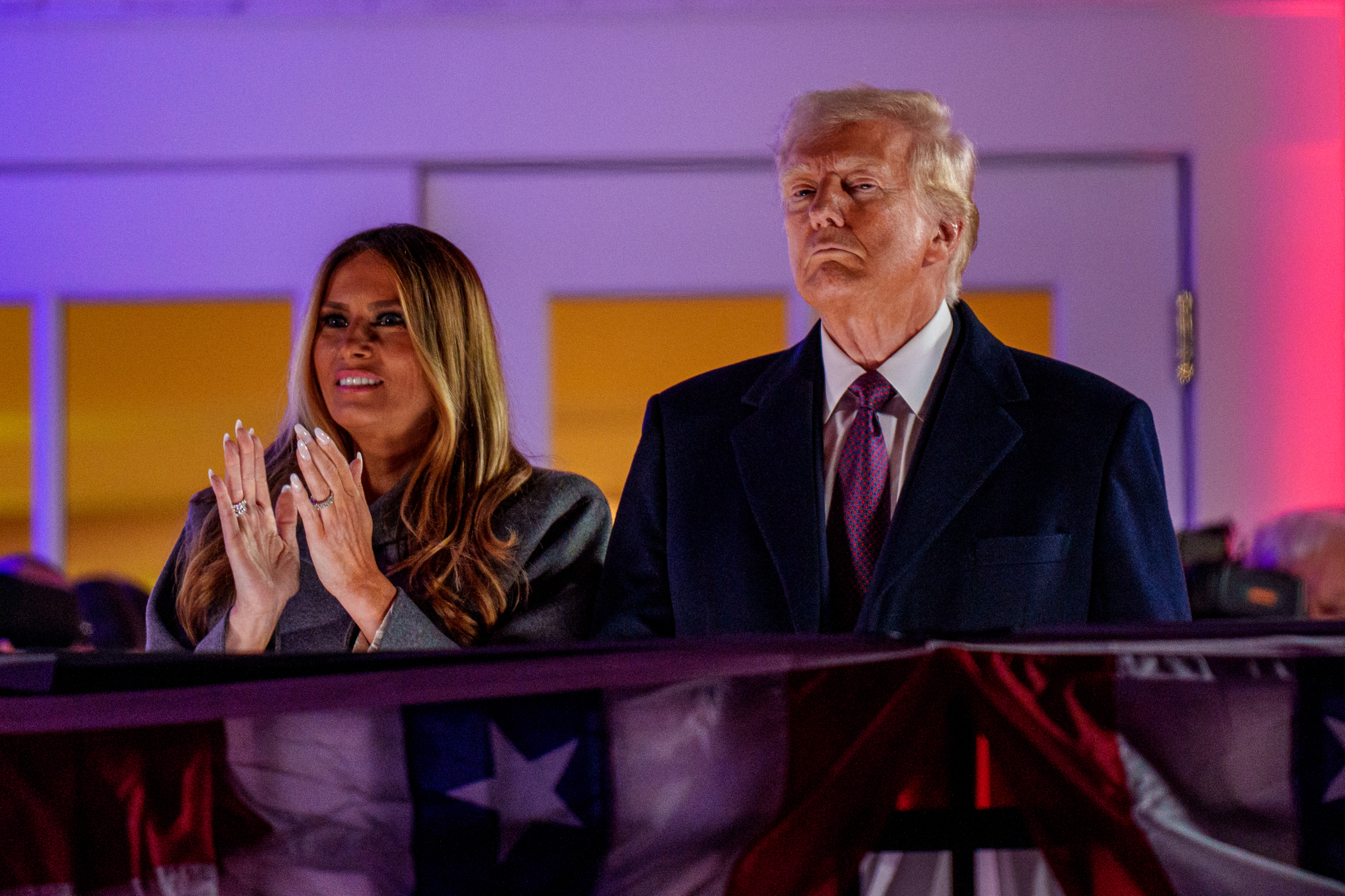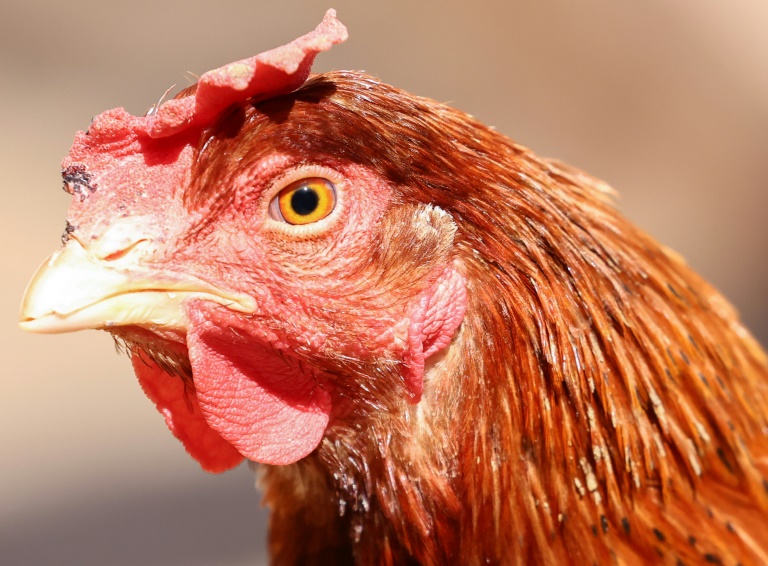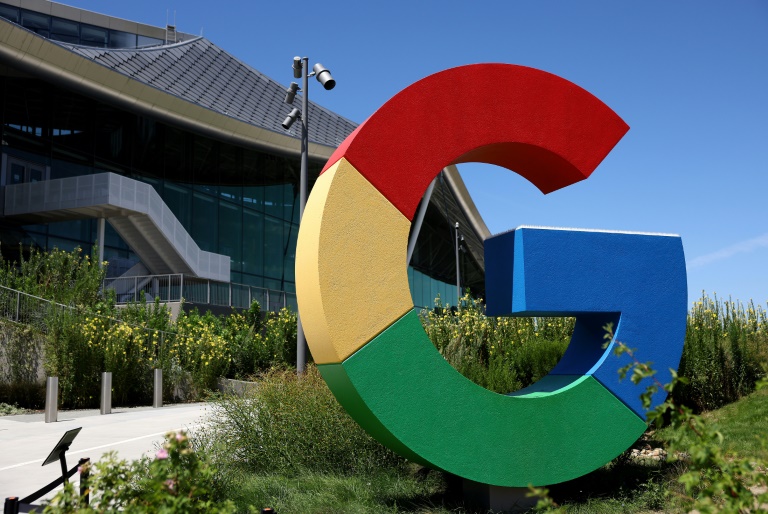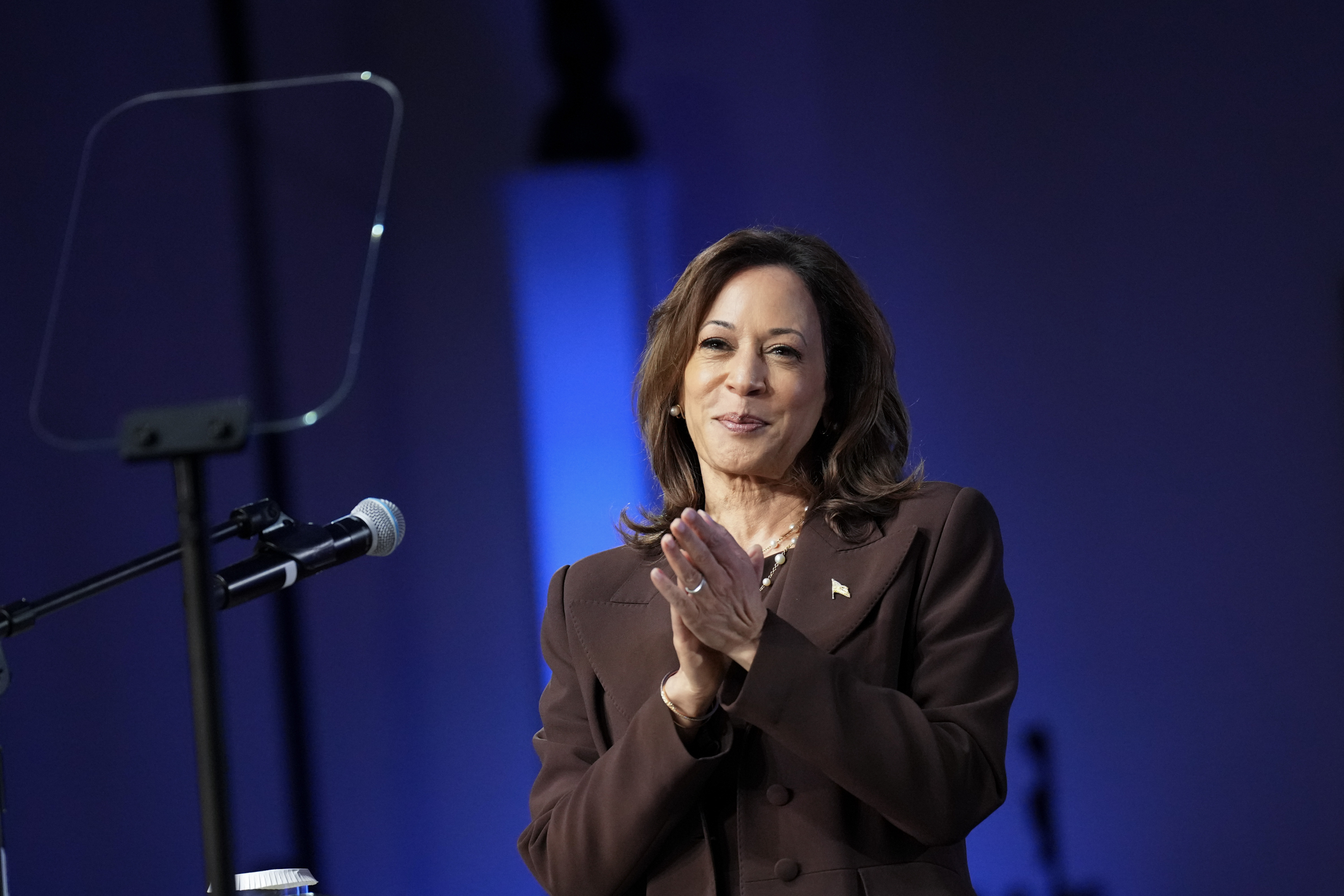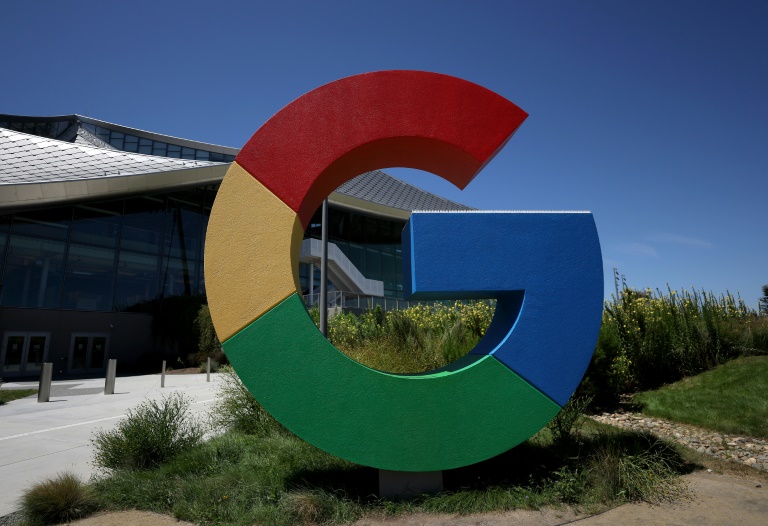At a traffic stop on a road leading to the central Bolivian city of Cochabamba, a group of coca-chewing demonstrators man a barricade of tree trunks.
For over two weeks, supporters of former president Evo Morales have been blocking roads around the country, particularly in Cochabamba, his political stronghold, to ward off his potential arrest on rape charges.
The roadblocks are the latest escalation in an intensifying political atmosphere in the South American nation.
On Sunday, the standoff between Morales, who resigned under a cloud in 2019 but is now trying to make a comeback, and his successor, Luis Arce, spiraled further after Morales accused state agents of attempting to assassinate him.
A video shared on social media showed a pickup he was traveling in riddled with bullet holes and the driver with blood on his head.
The government says police fired on Morales’s vehicle after he ran a checkpoint, and after police came under fire from a vehicle in his convoy.
“How could they attack him? Here in Cochabamba we won’t allow that kind of situation. We will intensify our mobilization,” Jose Loayza, a 40-year-old wheat farmer who was among the protesters at the traffic stop, told AFP indignantly.
Supporters of Bolivia’s first Indigenous president, who ruled from 2006 to 2019, say the 65-year-old is the victim of “judicial persecution.”
Over the last few weeks, protests have ballooned into a wider anti-government revolt, and tensions with security forces have reached boiling point.
On Tuesday, 12 police officers were injured in clashes with demonstrators near the central town of Mairana, the second such incident in four days as the security forces move in to try to clear the roads.
Bolivia’s 12 million inhabitants have been struggling with shortages of fuel and spiraling food prices since the government last year reduced oil imports to offset a decline in natural gas exports.
Annual inflation stood at 6.2 percent in September, the highest level since July 2014.
The roadblocks have accentuated food and fuel shortages nationwide and plunged the economy even deeper into disarray.
The economy ministry estimates millions of dollars in losses for the transport sector alone.
“Our earnings are not enough to pay for all the things that have gone up in price: rice, sugar, cooking oil,” a woman in Sipe Sipe, a village near Cochabamba, who did not wish to be identified, told AFP.
“Our pockets are empty and we cannot feed our children,” she said.
Near Sipe Sipe, demonstrators formed a line to pass heavy rocks collected from a dry river bed to block the bridge above.
A poster of Arce had been defaced with black paint.
“The country is going from bad to worse,” Grover Torrico, a truck driver, said.
“We’re blocking (roads) to obtain what we need: food, fuel, dollars,” he added.
Morales, a former coca grower, was extremely popular until he tried to bypass the constitution and seek a fourth term.
Despite being barred from running again, he wants to challenge his minister-turned-rival Arce for the nomination of the left-wing MAS party in the country’s August 2025 presidential elections.
Days after he lead a march of thousands of mainly Indigenous Bolivians on the capital La Paz to protest Arce’s policies, prosecutors announced he was under investigation for rape, human trafficking and human smuggling over his alleged relationship with a 15-year-old girl in 2015.
Morales is accused of fathering a daughter with the girl.
Morales has called the accusations “a lie,” and has directly accused Arce of trying to assassinate him in order to prevent his return to power.
“We want President Luis Arce to resign. He must call new elections,” Loayza said.
He vowed Arce would suffer the same fate as former president Gonzalo Sanchez de Lozada, who fled the country in October 2003 after ordering a bloody crackdown on protests over his free-market policies, in which dozens of people were killed.
“We already sent Sanchez de Lozada packing. What’s to stop us doing the same with Arce?” he asked.
AFP
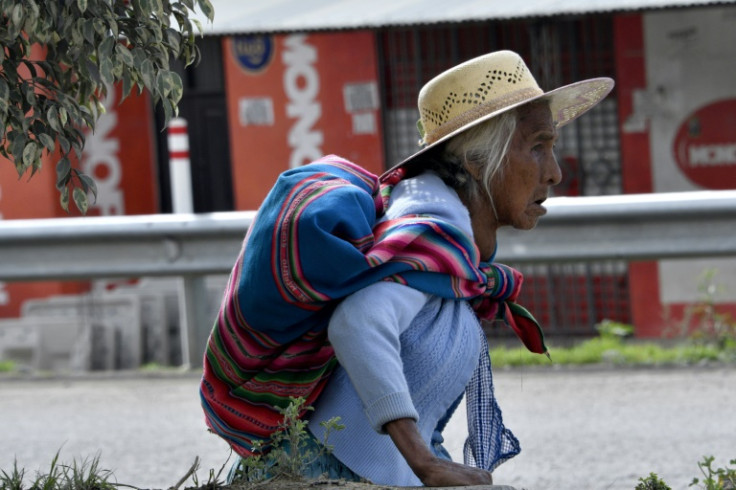
AFP

